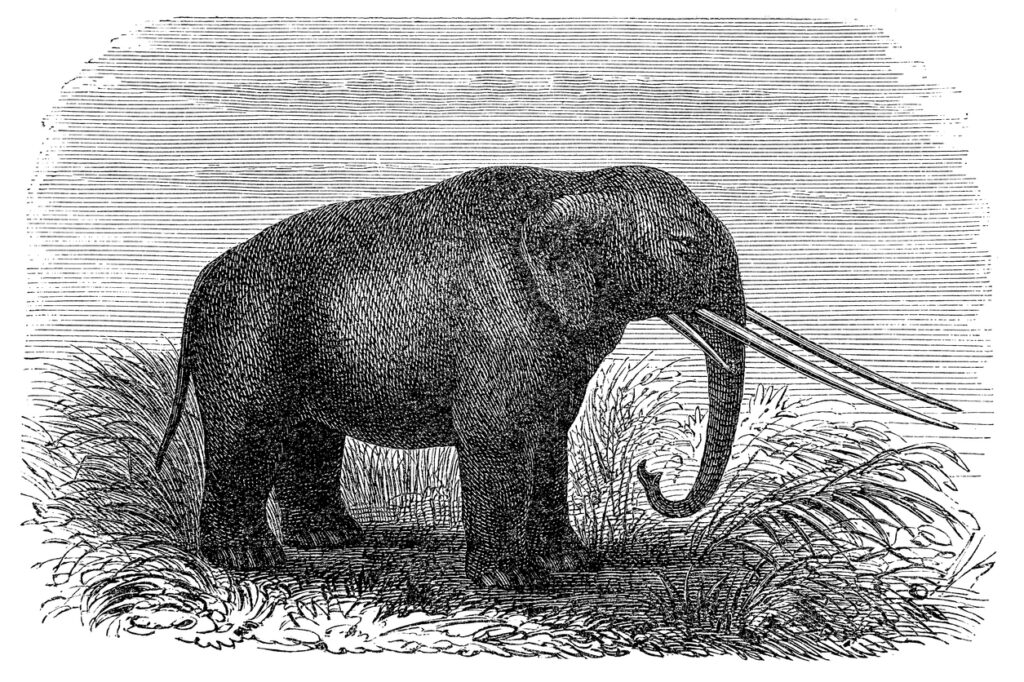Who Wants to Hang Out at Mastodon?
Angela Cochran
What is Mastodon and why are academics on Twitter talking about it and sharing their new profiles?
Elon Musk’s takeover of Twitter was completed and confirmed by his “The bird is free” tweet. Sigh. What has happened since is trolls are testing the limits by posting content that would have gotten them barred to see what will happen now. Many analysts have noted that Twitter needs to make money, which it does through advertising, and advertisers don’t want to be associated with a cesspool of hate speech. Advertisers also want for people to see their ads, and if people flee Twitter, it will no longer be a desirable place to place ads.
So the analysts’ theory was that Musk will not make good on his threat to make Twitter a “free speech” haven with no moderation.
That was last Friday. Late Sunday, Musk himself tweeted a conspiracy theory about the horrific attack on Speaker Nancy Pelosi’s husband. He quietly deleted the tweet later, but the damage was done — tens of thousands of people had shared his tweet. If Musk (who changed his bio to say “Chief Twit”) has no concerns about personally sharing dangerous conspiracy theories, especially a week before midterm elections, then why should he be trusted with the platform? Adding to the concerns was the firing over the weekend of top staff in charge of content moderation.

By 11 am Monday morning, #leavingTwitter was trending and some academics with large followings are urging people to jump ship. Brian Nosek is asking people to refrain from posting new content on Twitter for the month of November and instead posting to Mastodon. He describes this as a collective action if enough people will go. Others on #academicTwitter are also talking about Mastodon, creating profiles, and sharing them.
Mastodon claims to be a social network by and for the community: “Social networking that’s not for sale.” It is also described as a “distributed social network”. When you set up an account, you have to pick a “server” to join. Each has an administrator and rules for engagement. Mastodon regulates which servers they won’t list for joining with a table stating the reason — hate speech, violent content, misinformation, etc.
Mastodon has seen an influx of people creating accounts, myself included, over the last week. Whether those that created accounts actually leave Twitter or are simply hedging their bets with an alternate location remains to be seen.
Reversing the Financial Incentives for Open Science
Tim Vines
Is DEIA the cure for involution?
Tao Tao
The word “involution” has become very popular in recent years in China. Despite its obscureness, many people, from business owners to high-school students to housewives, use it to describe their current status of living or working. Most trace the word’s popularity back to the book Agricultural Involution: The Processes of Ecological Change in Indonesia by Clifford Geertz, in which the theory of involution “holds that a greater input (an increase in labor) does not yield proportional output (more crops and innovation).” I personally like the analogy someone used in a WeChat post: In a cinema, people in the first row suddenly decided to stand up, and those in the second row had to stand up in order to see the screen. Finally, everyone in the cinema was standing. All people were doing more but no one saw more than when they were sitting. In this story, everyone chose to work more themselves instead of questioning the rule. In a society, when the definition of success is narrow, the way to achieve it becomes very narrow, too, and hence the competition becomes fierce. I find it hard to blame individuals who work hard to be successful, but as a community, involution does not yield more. In the scholarly publishing world, things started with the need to evaluate researchers’ performance, and publication became the most weighed element, and where it is published became the criteria to judge the excellence of a publication, and impact factor became the metric to judge the quality of a publishing medium. To this point, success of a researcher is narrowed down to a few numbers and quality of a journal is narrowed down to a simple formula. Journal publishers always want to get (an impact factor) “higher and faster”, like the Olympic slogan.
However, this singular definition of success disregards the vast difference between journals, in subjects, funding, audience, the way research is carried out, language, regions, and many other aspects. The most disadvantaged and the minority usually also have the weakest voice. Again, I respect and cheer for anyone who works hard to achieve high, but members of the community, especially the more influential ones, should look after the overall wellness of the community. When a policy is made, the needs of everyone should be considered and not just those of the strongest. Everyone, not just the policy makers, can play a part in this. Sadly, most of us are much better at adjusting than questioning, at adapting than changing. Like the ecosystem in nature, the more diverse the academic communication ecosystem is, the healthier it is. In this sense, I applaud SSP for choosing embedding diversity, equity, inclusion, and accessibility (DEIA) as its strategic goals. It’s really encouraging to see that DEI is as popular in the West as the word involution is in China. I can’t say that the former is a solution for the latter, but feel they are related, and when people start to take DEI seriously, a community cannot go too far on the path of involution. After all, if all Olympic referees use the same metrics to judge the games, all sports eventually become the same and who would want to watch that?
Discussion
6 Thoughts on "Smorgasbord: Twitter v. Mastodon; Incentivizing Open Science; DEI v. Involution"
great posts all, loved this mornings TSK read
Re Open Science dis/incentives, I was musing about that in Allison Muddit’s post on innovation in publishing yesterday. Open data wasn’t even mentioned, despite PLOS being the one of the few (only?) major publishers to make efforts to require open data across all their journals. It has to be a hassle and cost to PLOS, with a less tangible benefit of reputation enhancement.
I was thinking of another “stick” approach to encouraging open data would be the opposite of the Open Data badges – papers accepted for publication without supporting data get an automatic Expression of Concern like statement- “this article is published without supporting data and its reliability cannot be assessed.” I can anticipate a lot of ‘yeah right, what journal wants that?’ thoughts, but some sort of innovation seems necessary to change mindsets to make doing something that is hard the norm. The new OSTP decree on open data might be major push for journals or disciplines that produce a lot of articles with US government funding. Hard to tell.
All good points re data, Chris. PLOS has been requiring a data availability statement indicating where readers can find the relevant data since 2014 – that requirement had negligible impact on submissions (less than 1%) when implemented. The challenge is getting to the next step – ensuring that the data is truly FAIR. That’s where the cost would come in and is one of the reasons we’ve been unable to fully guarantee that (although we are finding that more and more reviewers at least look at the data). I know that other journals have found the a strong data requirement works well and has surprisingly little pushback, so that’s an alternative to your idea above. But at this stage of open science development, I’m not at all sure that financial penalties will move us forward – there’s ultimately a place for mandates and penalties – financial or other – to capture the laggards, but we’re some way from that.
I was having a look and poke around Mastodon, have to say, so far I haven’t been that impressed, have others had different or similar experiences? what’s the appeal outside the tagline? – I will do a bit more background research too.
I am less concerned with Musk’s Tweeting a link to an absurd “news story” than I am with the fact that 48% of college students who responded to a Yale University poll felt that certain types of “hate speech” merit the death penalty.
I am capable of processing information for myself and separating the wheat from the chaff. It seems that a rather shocking percentage of our future authors, readers, and reviewers are not so inclined. They used to just want dissenters banned from the public square; now they want them dead?
Changing soapboxes isn’t going to fix that.
The migration of our journal from Twitter to Mastadon took about half an hour. I worked out you can make ‘toots’ public so anybody can read them, as is the norm on twitter. There is an important toggle for that, which now has a default for us to broadcast to anybody. And I finally found a search bar, although as with twitter, it does not search tweet/toot content, only usernames and hashtags. Hashtags are a bit of a puzzle – I never used them when announcing our new articles, but apparently you have to have them in Mastadon. I am just not sure yet what to use, though. Hashtags can’t have a space in them – #Open Access becomes #openaccess . We got a few followers, speaking our 3 languages, but nobody particularly close to what the journal publishes yet. Conclusion: this may work, and grow, but not many academics are on there yet. https://sciences.social/web/@journalofpoliticalecology



